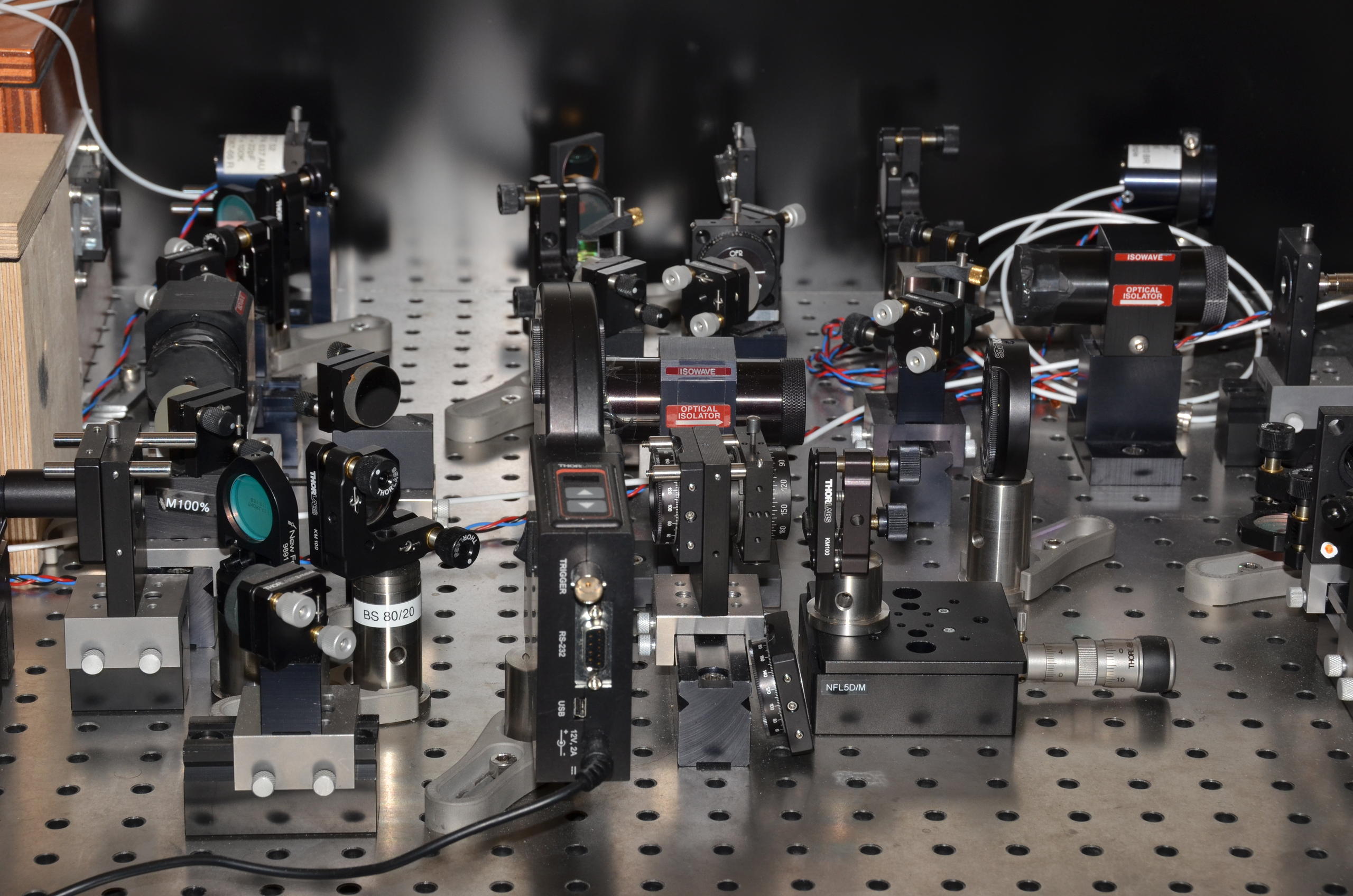Swiss and French team develops hyper-precise atomic clock

A team of Swiss and French researchers has discovered new laser technology for use in atomic clocks, resulting in super-accurate timekeeping mechanisms that lose just one second every six million years.
The scientists, including representatives from the University of Neuchatel’s Time and Frequency Laboratory, developed a new class of thermal cesium jet clocks that are ten times more precise than existing atomic clocks. The technology will allow for better-synchronised telecommunications networks as well as improved communication among satellite navigation systems, according to the University of Neuchatel’s announcement of the research.
Laser diodes are the centerpieces of atomic clocks, producing light of a very precise frequency to interface with atoms that create the reference of passing time.
The manufacture of laser diodes requires a significant infrastructure involving large rooms, a controlled atmosphere and the ability to store layers of semi-conductors. The LAMA projectExternal link involving four academic and industrial partners includes a laboratory in France for producing laser diodes, as well as the expertise of Swiss and French-based companies that build highly precise clock applications for meteorology and space navigation. As the fourth partner, the Time and Frequency Laboratory is responsible for testing laser diodes before they are put into clocks.
+ Six things to know about Switzerland’s timekeeping industry
According to the LAMA consortium, laser diodes could in the future be used for applications beyond timekeeping, such as the analysis of the carbon dioxide content of the atmosphere, or the detection of gravitational waves.

In compliance with the JTI standards
More: SWI swissinfo.ch certified by the Journalism Trust Initiative











You can find an overview of ongoing debates with our journalists here . Please join us!
If you want to start a conversation about a topic raised in this article or want to report factual errors, email us at english@swissinfo.ch.